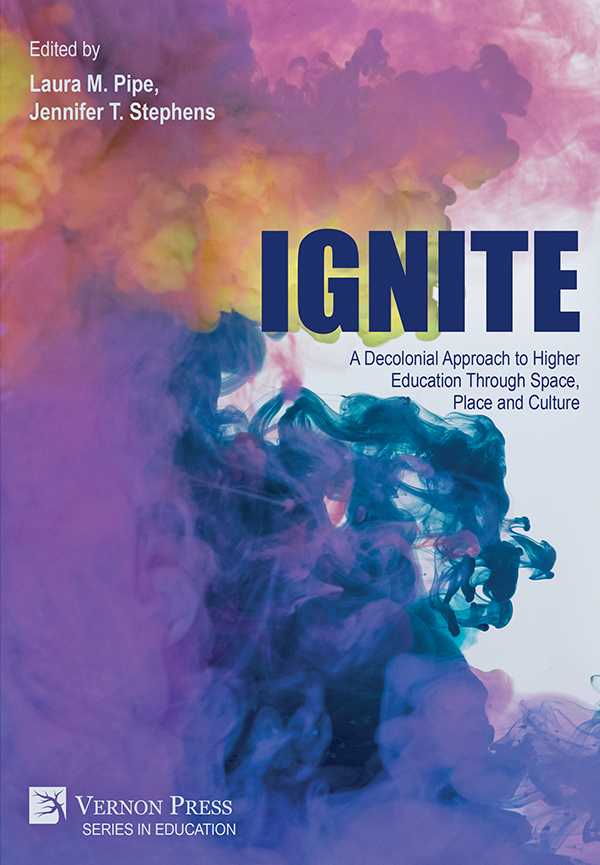
Best practices for place-based research in Hawai‘i
featured in new book
(Honolulu, HI) – A new book titled Ignite: A Decolonial Approach to Higher Education Through Space, Place and Culture that looks closely at the role of colonization on the culture and values of higher education institutions, includes a chapter by faculty from the University of Hawai‘i Sea Grant College Program (Hawai‘i Sea Grant), the University of Hawai‘i’s School of Ocean and Earth Science and Technology (SOEST) and Center for Teaching Excellence, and Kua‘āina Ulu ‘Auamo.
The chapter, titled “Kūlana Noiʻi: a Kanaka ʻŌiwi-centered Indigenist axiology for conducting research with communities,” examines the nuances and complexities of community-researcher partnerships and details the process used to develop written guidelines (Kūlana Noiʻi) that help ensure reciprocal, place-based research in Hawai‘i. It stresses the importance of Indigenist ethics, which require that all who engage with Kūlana Noiʻi take the rights of Indigenous peoples as the highest priority.
The authors of the book chapter, Dr. Rosie ʻAnolani Alegado and Katy Hintzen from Hawai‘i Sea Grant’s Ulana ʻIke Center of Excellence; Brenda Asuncion and Miwa Tamanaha from Kuaʻāina Ulu ʻAuamo; and Daniela Bottjer-Wilson from the UH Mānoa Center for Teaching Excellence, initially envisioned Kūlana Noiʻi out of a need expressed in the ahupuaʻa of Heʻeia for a set of guidelines to help ensure that research projects in this area engage in equitable and reciprocal partnerships.
“Kūlana Noiʻi is rooted in the collective knowledge, insight, and many years of effort contributed by communities, organizations, and experts across Hawai‘i noted Dr. Alegado, director of Ulana ‘Ike and associate professor of Oceanography at SOEST. “We co-developed Kūlana Noiʻi as a starting point for deeper conversations between researchers and community partners that when applied along with hard work, may lead to more just and generative relationships.”
Since Kūlana Noiʻi was first released, over 600 researchers, community members, and resource stewards have been trained through more than 40 workshops on building and nurturing pilina (relationships) and A‘o aku, a‘o mai / Aloha aku, aloha mai (knowledge given, knowledge received / Love given, love received). A series of workshops with the UH Center for Teaching Excellence is described in the book chapter as exemplary learning moments—faculty from close to 40 diverse departments requested regular, community-based ethical research training as part of their professional development.
While the Kūlana Noiʻi is a uniquely Hawaiian perspective, it is also relevant to challenges faced by research institutions, conservation managers, and community stakeholders. Kūlana Noiʻi trainings on the continental U.S. have demonstrated that a common need in community-based research is understanding the significance of place in shaping individual identities and community connections in different regions, as well as involving the people that care for place in the decision-making process.
Ignite: A Decolonial Approach to Higher Education Through Space, Place and Culture is available in hardback or e-book through Vernon Press and other booksellers.

